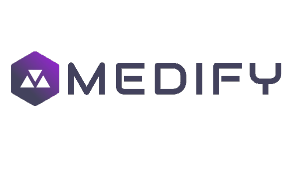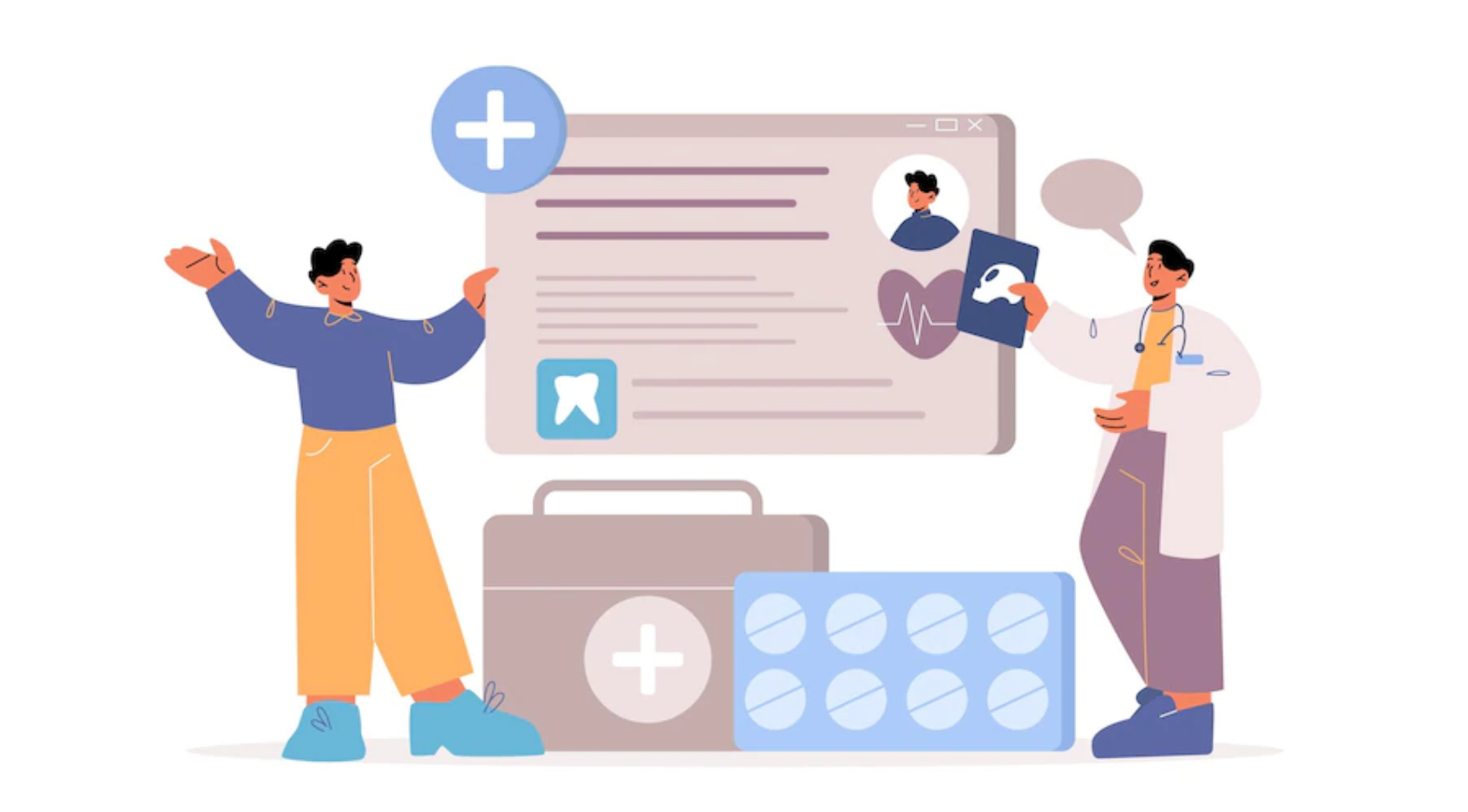Importance of maintaining Medical Records online
The medical history of a patient has developed into the most credible source of information for a plethora of uses. A typical medical record is requested by up to 150 end users. A medical record’s physical state and location become crucial due to the rising number of people who require the information it contains.
If you save this information on paper, it will quickly occupy plenty of room space. As you keep accumulating paper, storage prices rise, finding the files you need gets more difficult, and the files take up more and more room. Paper files are also prone to harm. If a fire or flood breaks out, you run the danger of losing years’ worth of records.
Consider filling out papers at the doctor’s office and being prompted to provide your medical background. You begin psychologically going backwards, and the terror sets in. How are you meant to recall events that occurred ten or twenty years ago? What was the name of that procedure? What medication did you take? For a lot of folks, this is a typical issue. The truth is, if you structured your medical records, you could avoid this fear.
For an individual’s health record to be clinically meaningful, it must begin at conception or birth. Every record of every clinical encounter represents a health-related event in one’s life as one progresses through life. Depending on the person’s current problems, each of these records may be insignificant or significant. As a result, it is critical that these records be available, longitudinally organised as a time series, and clinically relevant in order to provide a summary of the various healthcare events in a person’s life.
Disadvantages of Paper Medical Records
- If a fire, flood, or other tragedy destroys the documents, how would you recover the files?
- Are the costs of maintaining a paper file system worth the time, storage space, and effort required
- Can you rapidly locate particular files when necessary?
Safeguard your data like a Pro with Medify
With Medify, you can build one consolidated health record of your full health history. Whether it’s data security or one-click accessibility, Medify offers both. Store & organise all your medical records bifurcated into Prescriptions, Case Papers, Reports, at a single place. Share your records with health care providers effortlessly. That’s not it! You can also manage Medical Records for your entire family in one easy and secure place. Medify is free to use and is available on the App Store and Google PlayStore.


